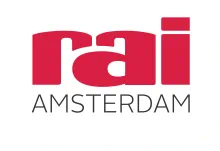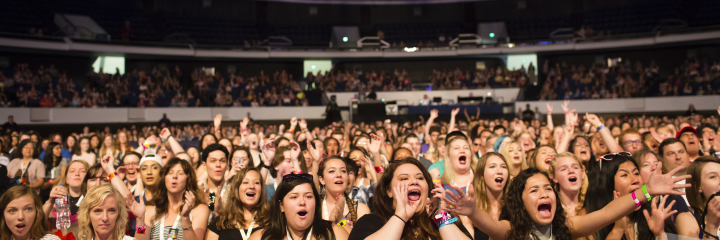While it is often suggested that younger people have little interest in exhibitions and conferences, the opposite is in fact true. This new generation is forming strong communities which demand live meetings, says Maurits van der Sluis, COO of RAI Amsterdam. It is their requirements which differ from previous generations, however… What does this mean in practice for organisers, venues and exhibitors?
In my twenty years at RAI Amsterdam I’ve heard from many trendwatchers and other fortune tellers, most of whom merely strengthened my belief that the future cannot be predicted. It is clearly important to look ahead and always be ready for change, but we mustn’t become overly focused on predictions. For example, ten years ago, people said that young people would no longer attend physical exhibitions and conferences. The opposite has proven to be true. What’s more, we are seeing the development of new events driven by online communities established by younger people. Recent examples include VidCon Europe, an event for online video, blogging and vlogging, and COMIC CON, focused on comics, film, TV, cosplay & costumes and games.
Communities
Every event stems from a community. Communities cannot be made, they develop. This has always been the case: there have always been groups of people who are love boating or are mad about dogs; people connected by their profession or hobby that have their own jargon and rules as well as a desire to meet. The big difference with ten years ago is that these new communities often have a digital origin. People stay constantly in touch online, making their connection stronger than ever. At the same time, there’s still a fundamental human need to see each other in real life. At COMIC CON young people game together via the internet while being in the same space. They still want to meet, come together and share their passion with likeminded folk.
New demands
The new generation does have different event requirements. The fact that visitors are already connected online means their visit has a different nature, and this is something that organisers, venues and exhibitors need to be very aware of.
Firstly, younger people prepare online: they want to know who they would like to see and what they hope to gain. Organisers can make the most of this fact. Don’t ask visitors to find their way around the exhibition floor with a floor plan. Instead, lead them to the right places at the right time based on their preferences, provide them with the experiences they require and facilitate meetings.
Continuous connections
A second consideration is that people stay connected online while being physically present. They are in fact connected to two worlds at once and it behoves the organiser to ensure these two worlds strengthen each other. A high-quality conference app, digital matchmaking, wayfinding and the provision of digital information are no longer a luxury – they’re the new standard.
More experience
Thirdly, a younger audience places higher demands on experience. This is not unique to this target group; all event visitors expect a rich and elaborate experience that stimulates the senses. Imagery, sound, tasting and touch provide added value. Use the technical options available, such as video, audio, virtual reality and augmented reality, but also remember to utilise the purely physical experience. The HISWA Boat Show, for instance, featured a funzone with water-skiing and sailing simulators, along with a basin in which visitors could surf, SUP and wakeboard. These types of experiences leaves the type of lasting impression today’s visitors expect.

